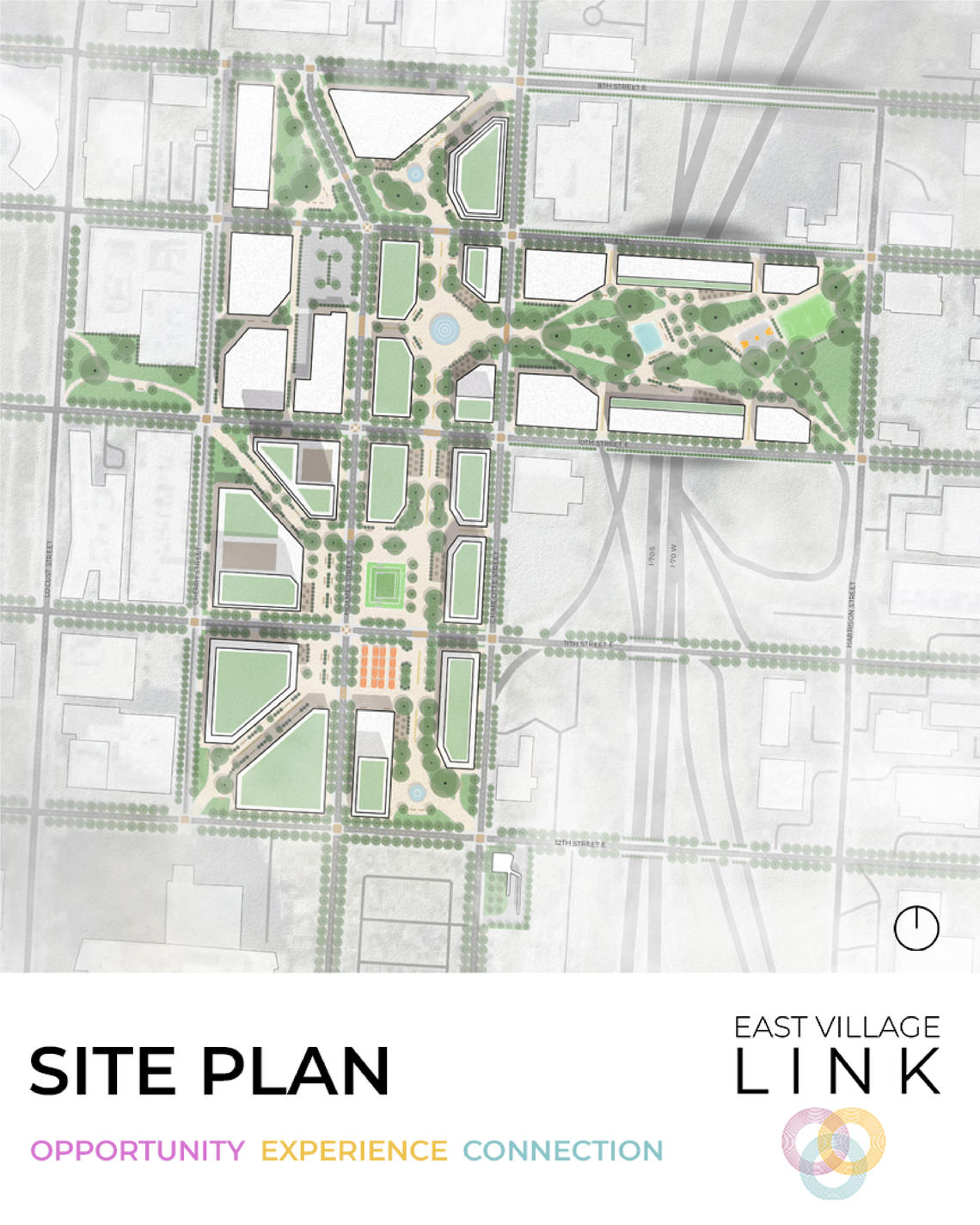March 19, 2021
Business and design collaboration leads to success with first try at international competition

For the first time ever, the University of Calgary submitted a team to the prestigious Urban Land Institute Hines Competition (ULI Hines). The result was something to be proud of: an honourable mention for the design and business multidisciplinary team. Honourable mentions are given to nine of 105 entries.
The team’s work began in the fall of 2020, when after forming their team, they started to explore what the competition was and how they could best prepare. Alongside faulty advisors Ed Romanowski (Haskayne School of Business) and Tawab Hlimi (School of Architecture, Planning and Landscape), the team of five graduate students reviewed previous winning submissions and took detailed notes on what made them successful. They reviewed key design differentiators and how the submissions tied back to their respective communities.

Ed Romanowski and Tawab Hlimi.
For the participating UCalgary team, and in the real world, a successful development uses an interdisciplinary approach. It combines the expertise of design with the practicality of business — a beautiful design must be financially feasible. The problem they faced was complex both in design and business components, but also in cultural and socio-economic challenges.
Like many large urban centres in North America, Kansas City’s downtown area is disconnected from surrounding neighbourhoods. In particular, students were challenged with how to link downtown to the marginalized neighbourhood of Paseo West. The current connection includes a land bridge over a freeway — which has become a functional symbol of the dissolution of physical, social and economic barriers in the city.
The team’s final presentation focused on connection, experience and opportunity in Kansas City’s downtown core. The competition’s jury appreciated the references to local culture and history and commented that this approach “infused it with an authentic sense of place.”

UCalgary's ULI Hines competition submission focused on connection, experience and opportunity in Kansas City's downtown core.
Courtesy Elie Jahshan
For current MBA student Emma Rokosh, participating in the competition presented a unique opportunity to expand her network in ways she couldn’t have done in a non-virtual world. “The challenge was tough, but the relationships created are valuable and will be longstanding. Because of the multi-disciplinary nature of the competition, I gained great insight to the thought process and challenges that my architectural and planning counterparts go through day-to-day when working on large-scale projects,”she says.
Master of Planning candidate Elie Jahshan shared a similar sentiment, saying the competition is a testament to the importance of cross-disciplinary engagement. “The intensive nature of the competition put my skills and knowledge to the test, as well as our team’s ability to work together. I learned so much about the real estate development process, market analysis, architectural design and more. If I could go back and do it again, I would.”
View UCalgary’s final presentation.





